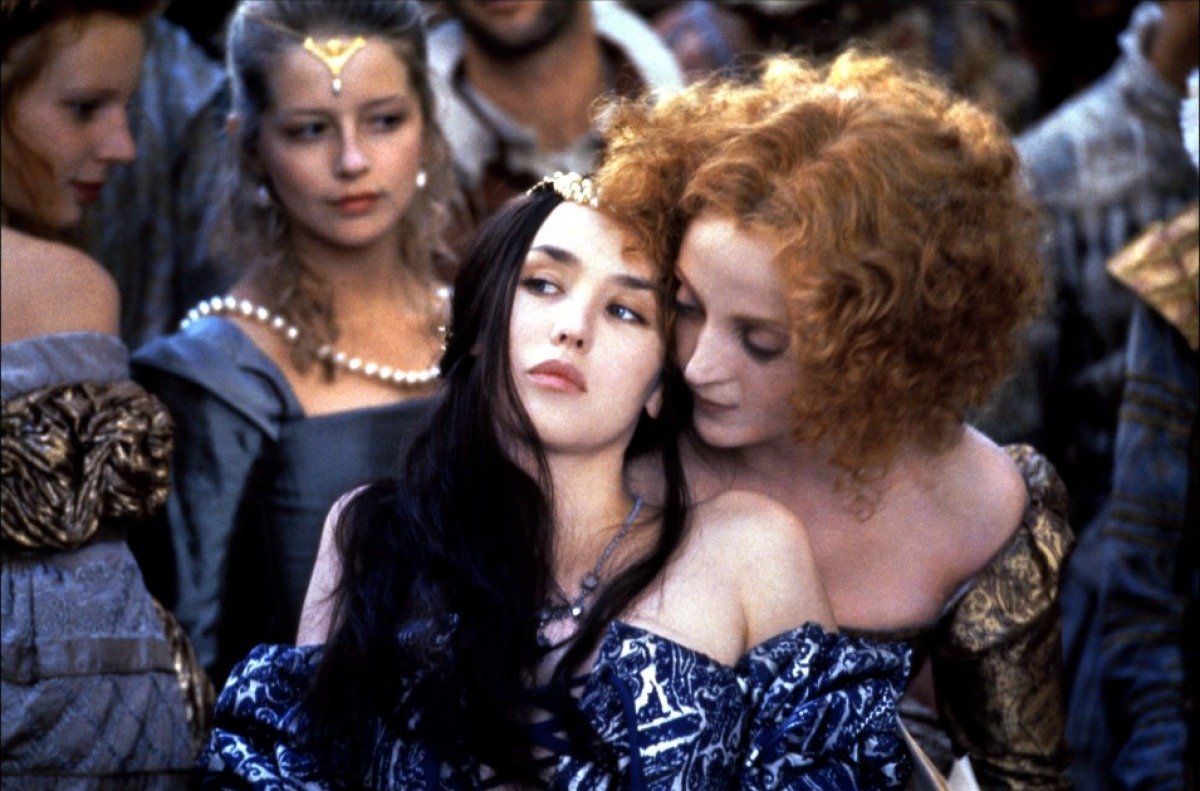Operatic Cinematic
Like fine wine and good company, opera and cinema are a harmonious match. Calgary Cinematheque invites you to a gala series filled with allure, mystique, intense passion, profound love, and relentless vengeance.
Each film chosen embodies the grandeur of opera, spanning from contemporary extravagance to historical dynastic struggles and even delving into a futuristic pagan realm. Mesmerizing music, extravagant costumes, passionate plots, and visionary images combine to create three movies of extraordinary fascination.
Art by Simon Maggots.
Series Films
The Cook, The Thief, His Wife & Her Lover (1989)
Directed by Peter Greenaway
October 5, 2023
Peter Greenaway's stunning and scandalous Jacobean satire on consumerist society is as operatic as they come. English theatre icons Helen Mirren and Michael Gambon star as the Wife and the Thief. Dining every night at the surreally opulent La Hollandais restaurant, the Wife spots a shy bookkeeper at the table across the room. Meeting by chance near the loo, they embark on a passionate liaison, watched over by the Cook (Richard Bohringer). When the brutish Thief discovers the affair, an infamously ghoulish chain of events is set in motion.
La Reine Margot (1994)
Directed by Patrice Chereau
October 19, 2023
The original “Red Wedding”, Queen Margot stars the luminous Isabelle Adjani in one of her most iconic performances. The Scarlet Empress meets Succession in this epic tale of the Catholic princess of the Valois Dynasty (Adjani) forced to marry a Protestant king (Daniel Auteuil). The controversial marriage, a powderkeg society on the edge and summer heat conspire to bring about a massacre. The libertine Margot must choose loyalty between her enemy husband, or her own venomous family, led by the demonically calculating matriarch Catherine (Virna Lisi).
On the Silver Globe (1988)
Directed by Andrzej Żuławski
November 2, 2023
In 1975, emotional provocateur director Andrezj Żuławski (Possession) began work on a magnum opus based on The Lunar Trilogy, a series written by his uncle Jerzy. Produced under the auspices of the government-run film industry of communist-era Poland, vast financial and creative resources were spent on set design, location work and costumes, but when the government viewed the bizarre and surreal content, they believed the movie was a subversive attack on government policy and ordered it abandoned. In 1987, a rehabilitated Zulawski returned to the film and finished it for release using voice-over to fill in holes in the story.






